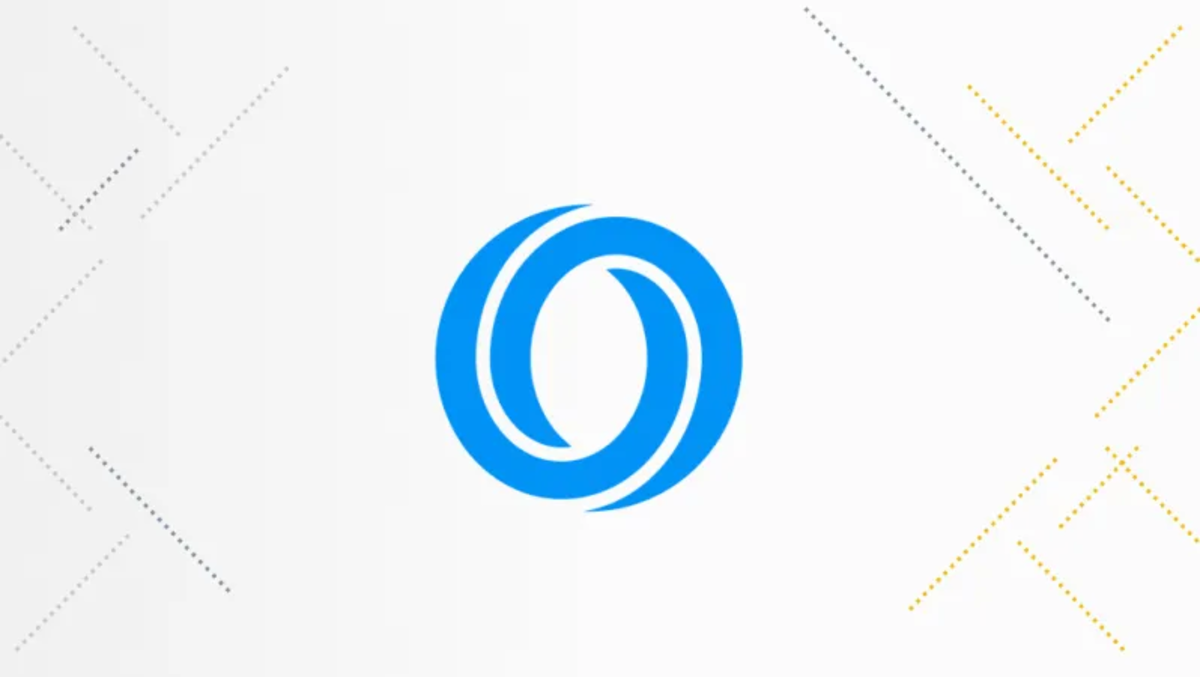
Why Private Smart Contracts are the Future of Finance
Private smart contracts are growing in popularity, especially in DeFi. So, what exactly are private smart contracts, and what benefits do they confer to investors


Oasis Network is the leading privacy-enabled and scalable layer-1 blockchain network to propel Web3 forward. Designed for the next generation of blockchain, the Oasis Network is the first privacy-enabled blockchain platform for open finance and a responsible data economy.

Private smart contracts are growing in popularity, especially in DeFi. So, what exactly are private smart contracts, and what benefits do they confer to investors

ROSE is the native utility token for the Oasis Network. It is used for staking and delegating on the Oasis Consensus Layer and for smart contract operations that require fees in ParaTimes. ROSE has a capped supply of 10 billion tokens, and as the main utility token of the network, it can be used to pay transaction fees, trading and staking, so users can delegate their tokens and earn rewards.

The Oasis Protocol promises much and it is built to be the next step in the evolution of blockchain. How so? Oasis is a blockchain network that offers the first privacy-focused platform that can cater to Open Finance as well as a data economy that is accountable to its users.

Private smart contracts are growing in popularity, especially in DeFi. So, what exactly are private smart contracts, and what benefits do they confer to investors

ROSE is the native utility token for the Oasis Network. It is used for staking and delegating on the Oasis Consensus Layer and for smart contract operations that require fees in ParaTimes. ROSE has a capped supply of 10 billion tokens, and as the main utility token of the network, it can be used to pay transaction fees, trading and staking, so users can delegate their tokens and earn rewards.

The Oasis Protocol promises much and it is built to be the next step in the evolution of blockchain. How so? Oasis is a blockchain network that offers the first privacy-focused platform that can cater to Open Finance as well as a data economy that is accountable to its users.
oasis1qppjm5sxqwps4dpyekdvz530sjmq3e5eusp7hdan
oasis1qppjm5sxqwps4dpyekdvz530sjmq3e5eusp7hdan
Staking is a mechanism by which a Proof-of-Stake (PoS) cryptocurrency holder locks their cryptocurrency for a period of time to validate transactions. Users can delegate their cryptocurrency to teams that operate validating nodes. These validation nodes then use the cryptocurrency that is delegated to them to vote and validate transactions. In return, those who choose to stake are typically rewarded with cryptocurrency rewards at a specified percentage rate.
Mostly projects have a fix locking period for your tokens, between 2 and 21 days, but in some networks, this period depends on how much tokens are staked/blocked in that network.
Yes, however, your tokens can incur a % slashing/burn penalty if the validator you voted with is slashed(eliminated from the network) for inappropriate behavior(validator is not complying with the networks rules).
Those who choose to stake are typically rewarded with new tokens/cryptocurrency rewards at a specified percentage rate.
Because you will help secure the network through delegation of your tokens to a validator while still maintaining full control over your tokens.
Ensure you are part of the token reward system and your tokens will not be devalued due to the inflation rate.
It is best to check the online explorer/tracker of each project.
A validator is a node chosen to validate transactions and add new blocks to the blockchain.
For a node to be a validator, it must stake or lock up its coins. The more coins a node stakes, the more likely it is to be chosen to validate a block.
When a block is validated, the validator is rewarded with newly minted coins and transaction fees. Validators are also responsible for maintaining the state of the blockchain and keeping it secure.
If a validator is caught validating fraudulent transactions or breaking any of the other network rules, that validator risks losing a part of its staked coins. For this reason, nodes that stake their coins have a strong incentive to play by the rules.
A node is a computer that is connected to the blockchain network. Nodes can be used to validate transactions and add new blocks to the blockchain. A node can also refer to any individual participating in the network. For example, a user with a smartphone connected to the network would be considered a node.
A validator is a node that has been chosen to actively participate in validating transactions and adding new blocks to the blockchain. As mentioned earlier, such a node will need to stake its coins to stand a chance of becoming a validator.
The minimum amount required for staking will depend on the network rules. Generally, the more coins you stake, the more likely you will be chosen as a validator.
There are a few risks associated with staking coins:
- If you stake your coins on a validator node that breaks the network rules, you may lose all of your staked coins through slashing.
- If the value of the coin you have staked goes down, you may lose money.
Slashing is when a validator is caught breaking the network rules and is punished by having a portion of their staked coins taken away.
The purpose of slashing is to incentivize validators to behave appropriately and play by the rules. If a validator knows they may lose a portion of their coins if they break the rules, they will be less likely to do so.
Some networks also punish validators through slashing when their node is offline for too long. Again, this incentivizes validators to keep their node online and running smoothly.